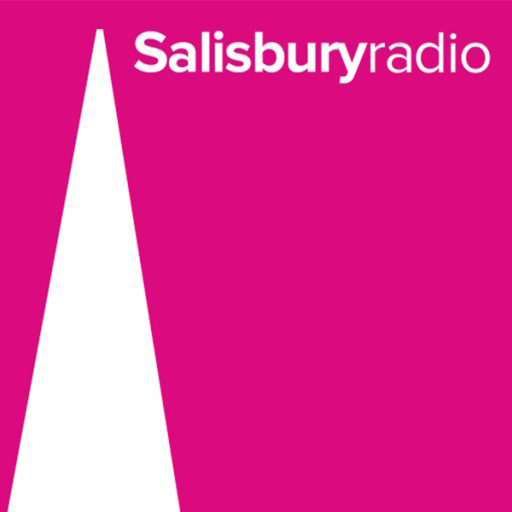The topic of spiking has dominated the headlines recently with numerous accounts of women being spiked, not only via their drink but also by injection.
This led to the news that drink spiking has more than doubled in three years in the UK, and Love Salisbury revealed police figures which show that drink spiking in Salisbury is at its highest over the past three years, with five incidents reported in Salisbury so far this year (2021).
While the figures in Salisbury are low, we spoke to The Chapel nightclub, Wiltshire’s Police and Crime Commissioner, and Wiltshire Police to hear how they are preventing drink spiking and what measures they have in place for victims so you can feel as safe as possible while out in Salisbury.
This is what they had to say.
The Chapel
Amanda Newbery, owner of the Chapel Nightclub says the venue has always been aware of customer safety, especially that of women.
“What we are doing is upping our game of what we already do which is making sure that every woman that comes in feels they can approach any member of our staff at any time if they feel unsafe or unwell.
“I ask my managers to introduce themselves to women as they come into the nightclub and let them know the staff are there to help and that they can call for someone they know”.
If someone were to be spiked, Amanda says that all staff are trained and experienced.
“The first thing we do is talk to people and take what they are saying seriously. We have CCTV, First Aid, Crime procedures and a medical room.
“If we thought there was a spiking incident, a criminal investigation would start and we would do the best we could, after making sure the customer is safe and secure, to find witnesses, check CCTV and see what we can find. It’s the predators we need to find, the only way we are going to get to the bottom of this is to get rid of those predators.
Going forward, Amanda believes the best way to protect customers is to make sure venues and the police work together seamlessly to keep people safe.
“The way you can keep customers the safe is making sure customers can get into the club safely, make sure they feel safe inside the club and get home safely. We have got to do that together with other venues, the police, CCTV and anything else we can pull together”.
Anyone enjoying a drink at The Chapel nightclub can request a free ‘Spikey’ bottle stopper from behind the bar to prevent anything from being put in your drink.
The Chapel recommends you never leave your drink unattended.
Philip Wilkinson, Police and Crime Commissioner for Salisbury
PCC Philip Wilkinson said the growing concern around the safety of women and girls was of paramount importance and one which was top of his agenda for action.
“Everyone should be able to enjoy a night out across Wiltshire without coming to any harm. It is deeply troubling this isn’t the case.
“Alongside the appallingly low prosecution figures for rape and other serious sexual crimes something has to change. We must do better to protect women and girls.
“The police alone cannot tackle the epidemic of violence our women and girls are facing. We, as a society, need to do more - from prevention work in schools to the management of the most dangerous offenders.
“Last month, a national report concluded fundamental change across the whole system – including policing, health and education – needed to happen. This is what I want to see in Wiltshire.
“We should be tackling this epidemic in the same multi-agency way we tackle home-grown terrorism, and with as much intensity. Only that way can women and girls have confidence in the police and criminal justice system that is there to protect them”.
Gemma Vinton, Wiltshire Police
Gemma Vinton is the Wiltshire Police lead for Project Vigilant, a project that aims to target perpetrator behaviours that are often displayed before a sexual offence takes place, in the hope of keeping those who go on a night out in Wiltshire safe.
Speaking to Love Salisbury Gemma said, “We get relatively low numbers with regards to reports of spiking in Salisbury but it is something that potentially could be underreported. Any incident is one too many, and it is something that we are aware of and we are working with the licensees to combat.
“One of the initiatives we are running at the moment is Project Vigilant. We have done four deployments in Wiltshire so far and have more planned. Project Vigilant looks at having plain-clothes officers out in pubs and clubs who are looking for behaviours that indicate that someone may go on to be a perpetrator of sexual violence.
“Those plain-clothes officers will observe and identify these potentially predatory behaviours and advise uniformed colleagues who will carry out an intervention. They will approach that individual and point out their potential perpetrator behaviour, the unacceptability of that, and give them some advice generally on leaving town that night. Subsequently, we will follow up with trying to identify whether they are a risk in the future.
On four deployments so far, Wiltshire Police say they have stopped six individuals who have been demonstrating potential perpetrator behaviour.
“As well as that, being out in the night-time economy, being really visible, making sure we are getting that across is also potentially preventing crime.
“For a long time people have talked to women and girls about changing their behaviours and that can’t be the right approach. It’s not appropriate to be telling women where to go and what to drink and what to wear. The only way we are going to stop violence, abuse and intimidation against women and girls is to target perpetrators and be out there working together with partners, with local authorities and the public to call people out on totally unacceptable behaviours.
“I would urge anybody who thinks they have been a victim of drink spiking or any sexual offence to get in touch with us and report so we know what is going on.
“If somebody believes they have been a victim of spiking or any sexual offence and they believe they are in immediate danger they should call 999. If anybody thinks this has happened to them before but they are in a position where they are safe and not in danger they should ring 101 so we can speak to them.
“They can also call the Sexual Assault Referal Centre (SARC) on 01793781916”.

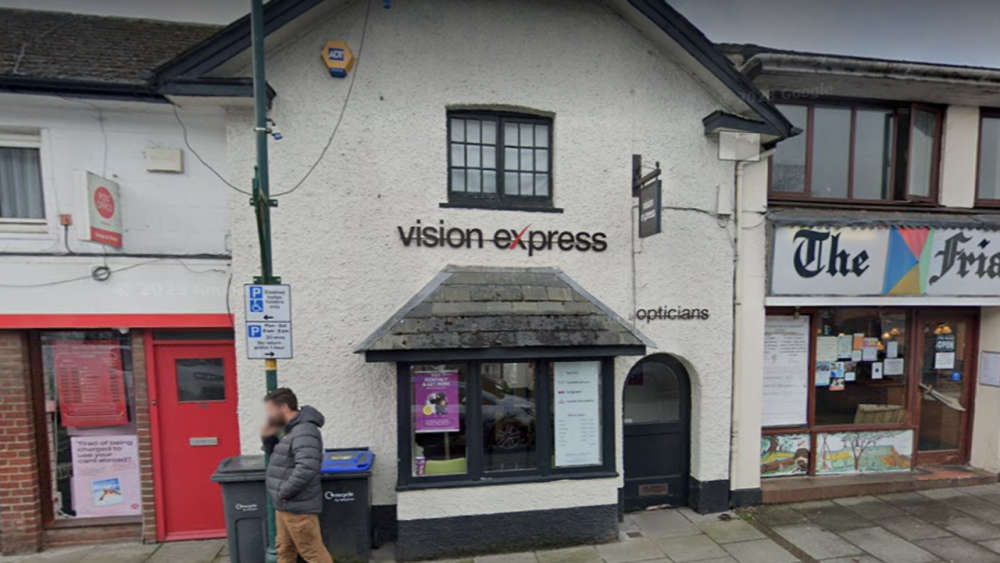 Multiple Pairs of Sunglasses stolen from Amesbury shop
Multiple Pairs of Sunglasses stolen from Amesbury shop
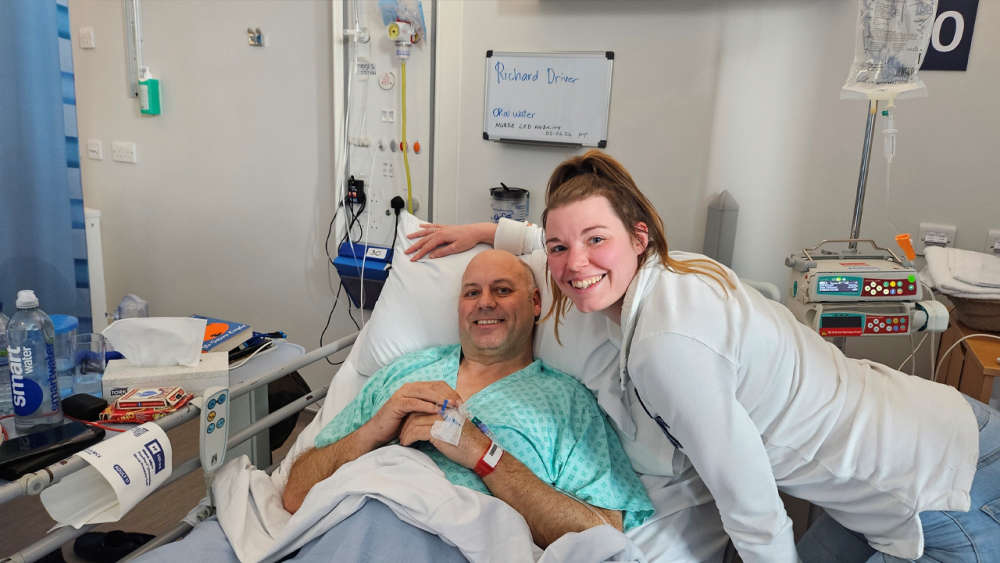 Salisbury woman to run marathon in honour of dad who survived tumour the size of a rugby ball
Salisbury woman to run marathon in honour of dad who survived tumour the size of a rugby ball
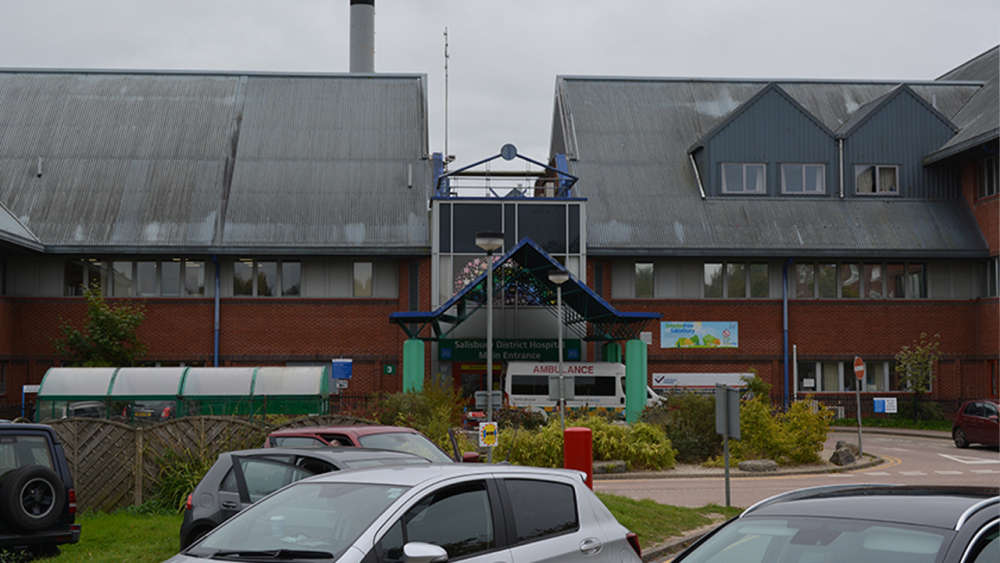 Salisbury District Hospital tops national survey
Salisbury District Hospital tops national survey
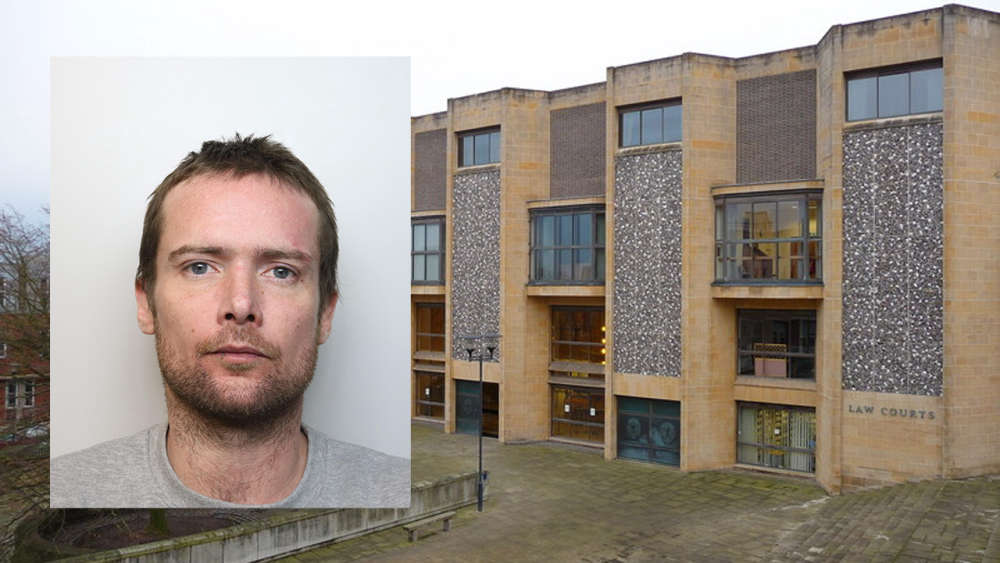 Man jailed for 28 months following stabbing in Amesbury
Man jailed for 28 months following stabbing in Amesbury
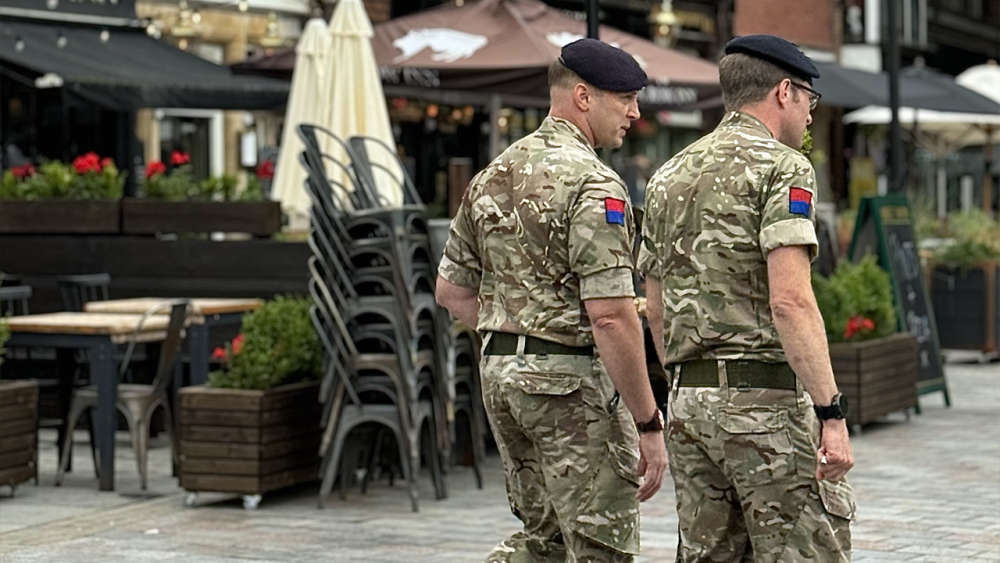 City Council announces plans for Armed Forces Day
City Council announces plans for Armed Forces Day
 Highest Score Arcade Announces Exciting Easter Events For All Ages
Highest Score Arcade Announces Exciting Easter Events For All Ages
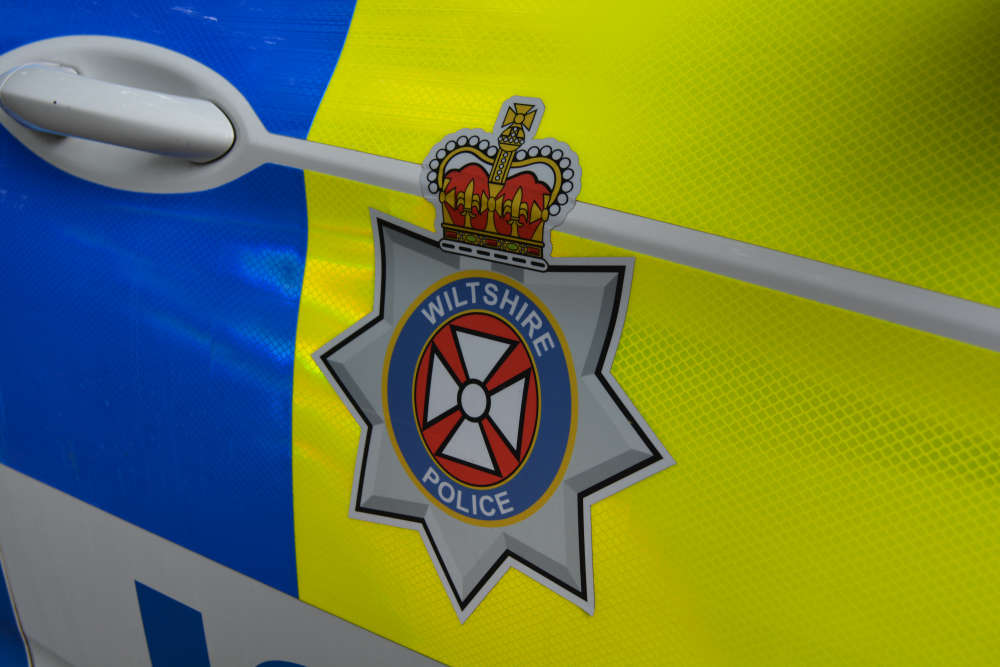 Man charged with attempted murder following serious crash in Salisbury
Man charged with attempted murder following serious crash in Salisbury
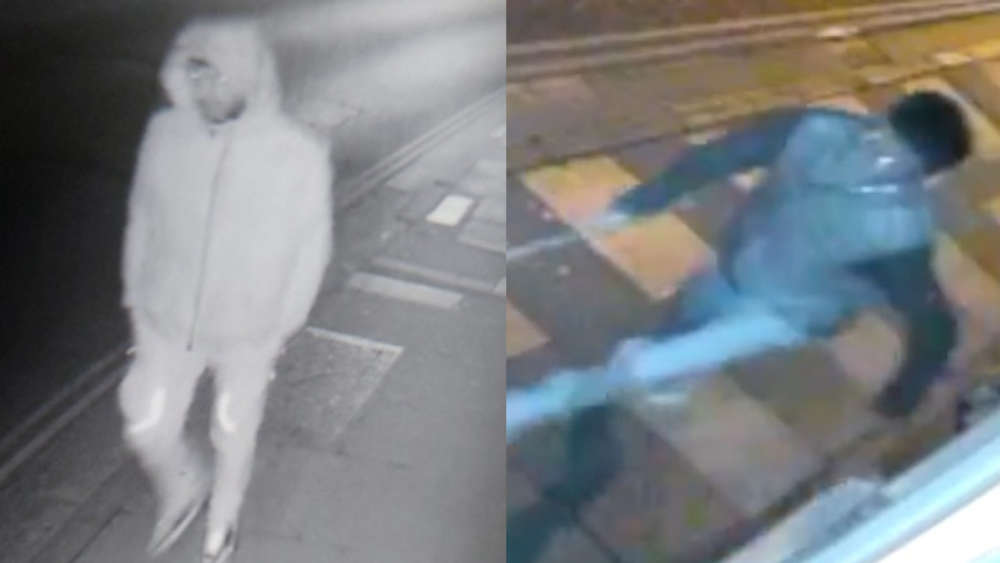 Police looking for pair after attempted burglary on Catherine Street
Police looking for pair after attempted burglary on Catherine Street





